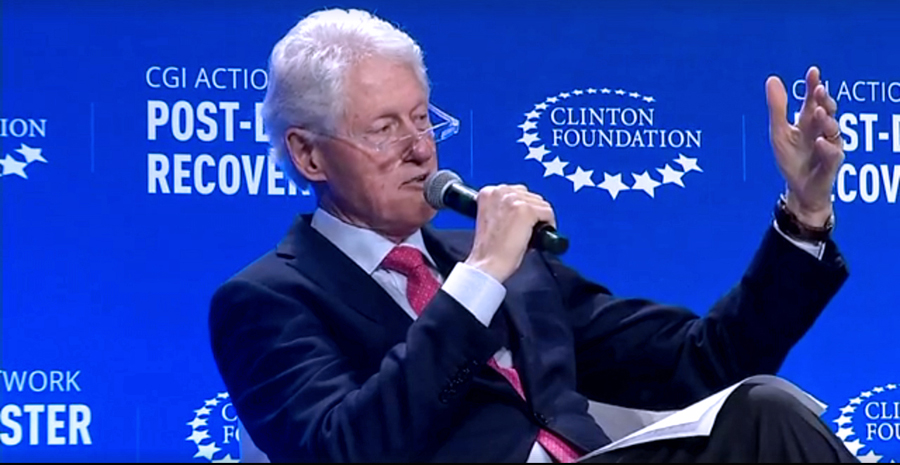Richmond Vale Academy expands volunteer program to Puerto Rico

Richmond Vale Academy — a nonprofit training and research institution based in St. Vincent — will expand its volunteer program to Puerto Rico in an effort to respond to climate change in the Caribbean.
RVA offers programs to students so that they have the opportunity to directly influence positive change in the environment and their communities.
On Nov. 5, RVA Director Stina Herberg will be at the Caribbean Commune in Río Piedras, at the University of Puerto Rico, on Nov. 8 in Utuado, on Nov. 9 at the UPR Aguadilla and on Nov. 10 at the UPR Mayagüez. She will meet interested individuals who wish to take the opportunity to build their capacity to create a sustainable Caribbean network with universities, individuals and organizations.
“The Academy offers innovative courses that will build Caribbean capacity to create food, water and energy security while further preparing to meet the climate emergency head-on,” said Herberg.
The Academy calls on people in Puerto Rico interested in learning more about adaptation/mitigation to climate change through this new phase in the “way we relate to nature and nature relate to us,” she said.
“PRVA organizes the San Vicente Climate Resilience Conference, a nationwide climate change adaptation program established in 2012, with a 30-string model farm and campus of plantings organic, which demonstrates sustainable living for hundreds of visitors (local and foreign), at the same time serving as a training ground for climate-resilient agriculture and sustainable management of natural resources,” said Herberg.
In the last 15 years, RVA has organized more than 800 students and in coordination with teachers have created numerous models like sustainable and ecological agriculture on school campuses, which use 100% renewable energy through solar energy, and has models of gray water recycling and gray water recycling.
Among other programs already developed,the school has been dedicated to coastal protection by planting mangroves and other coastal plants with engaged students, community groups and other stakeholders teaching them about the link between healthy wetlands and marine ecology.
RVA in coordination with the islands of Grenade and St. Lucia, are also working on coral restoration with the goal of planting more than 40,000 corals in the next two years.
“Small island developing nations, including those in the Caribbean, continue to bear the brunt of the negative impacts of climate change, including more frequent and intense storms and droughts, even as these countries contribute less than 1% of global emissions,” said Herberg.
“RVA programs help people have more food, water and energy safe in the face of these realities,” said Herberg.













